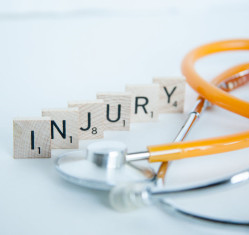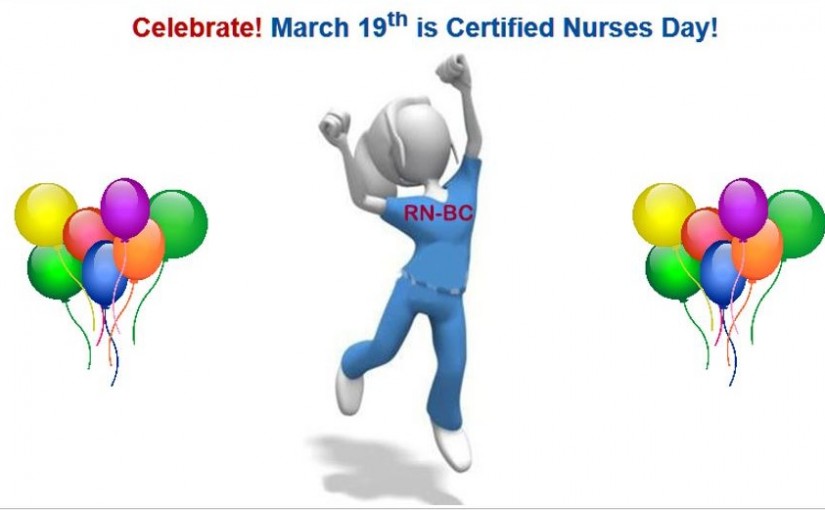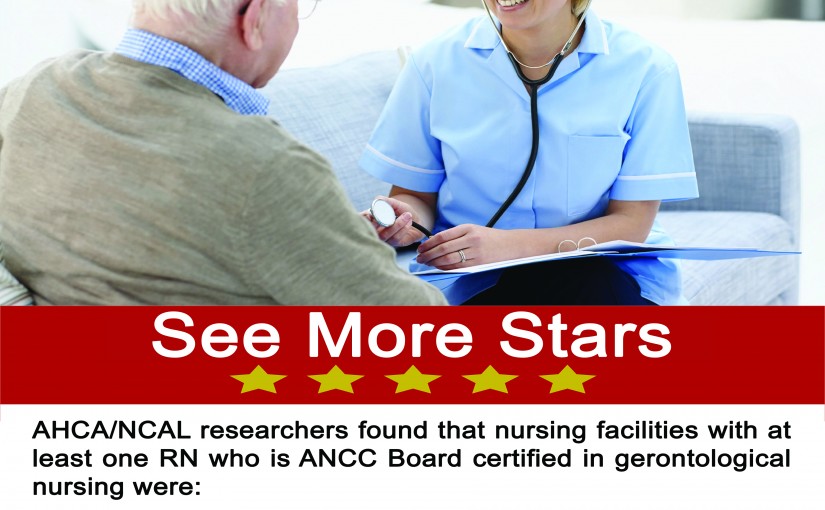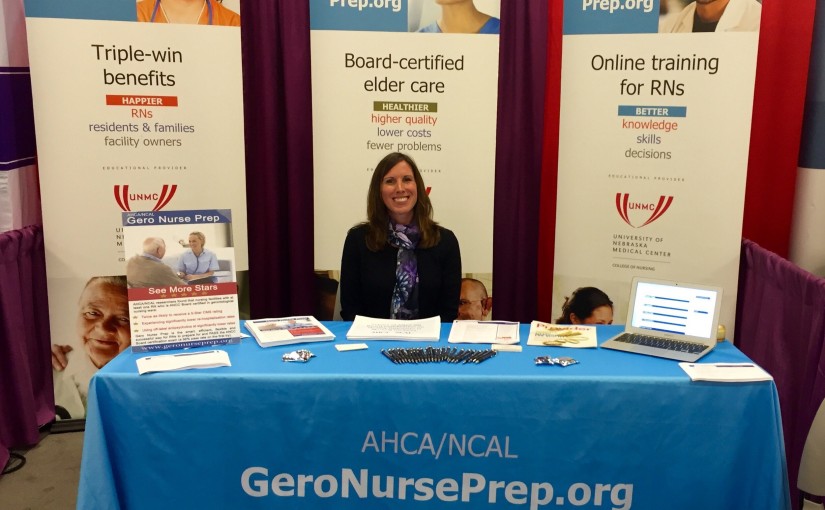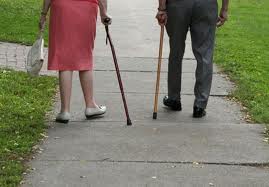Pressure ulcers – commonly called bedsores — are a big problem in the United States. More than 2.5 million U.S. residents develop pressure ulcers every year, with about 60,000 people dying each year from pressure ulcer complications.
Today is International Stop Pressure Ulcer Day, a day dedicated to bringing awareness to the causes and ways to prevent pressure ulcers.
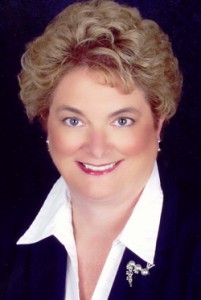
“This is not just a problem for patients and their families, but also health facilities,” said Joyce Black, Ph.D., associate professor in UNMC’s College of Nursing, who is recognized as a national expert in pressure ulcers. “The government won’t reimburse for Medicare and Medicaid expenses if patients get pressure sores.”
Pressure ulcers can develop in as little as three hours as a result of sitting or lying too long in the same position, she said. Those who are bedridden are most at risk, including those in hospitals and long term care facilities like nursing homes. It can happen in the home as well.
“Ulcers develop quickly depending on how hard the surface is that you’re on and how much fat padding a person has,” Dr. Black said. “Thin, frail individuals develop them more quickly.”
She said pressure ulcers
develop
due
to
pressure
on
the
soft
tissues when patients don’t move or continuously slide down in a chair. The blood in the area stops and the tissue dies. Most problems with ulcers occur on the buttocks, tailbone and the heel of the foot.
Tips on prevention and treatment
Dr. Black has these tips for preventing and treating minor pressure ulcers.
- Sit or lay in different position, walk if you can.
- Stay off the sore spot until the pain or red or purple color goes away.
- Put a pillow under the calf of the leg to keep the heel off of the bed.
- Don’t rub the skin. It may tear.
- Keep skin clean. The healthier you can keep skin the less chance of skin breakdown.
- Make sure diapers get changed.
- Turn individuals every three hours if they are on a good mattress. Every two hours if mattress is thin, frayed or worn.
- Cover wound with dressing or apply topical antibiotic to keep wound clean.
- Ask what the facility is doing to reduce or prevent bed sores and if you can help.
- Ask how they are turning your loved one to get them off their back (individual should be turned on their sides-family members can help).
- Ask what kind of mattress the patient is sleeping on. An old spring mattress with an inch padding is not adequate. Family may be well advised to go to a bedding store and get two inches of memory foam so there is more padding on the bed.
- Make sure the patient is eating a well-balanced meal (not junk food).
Read more here
Reference:
